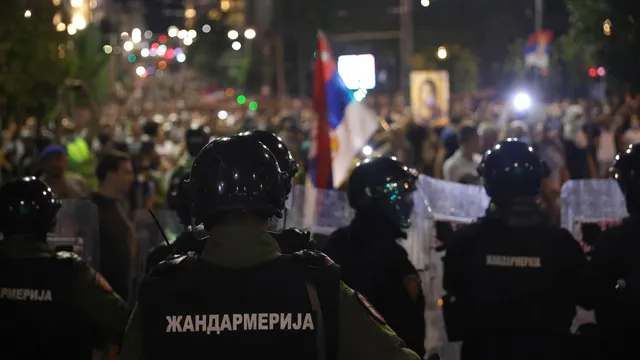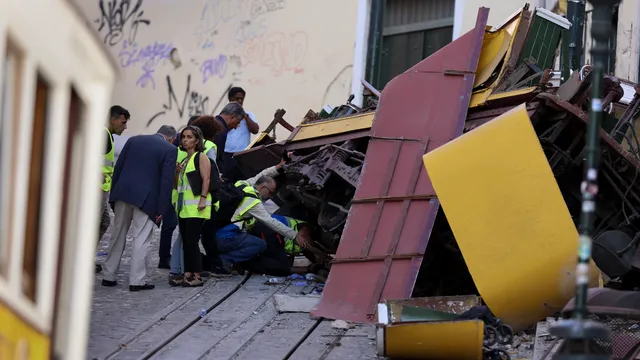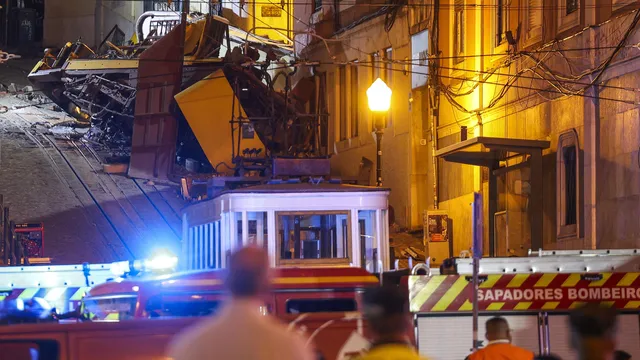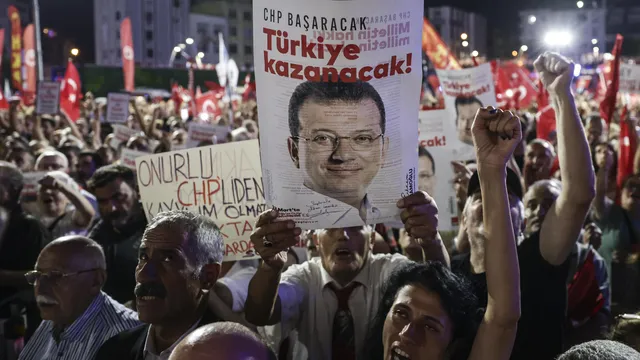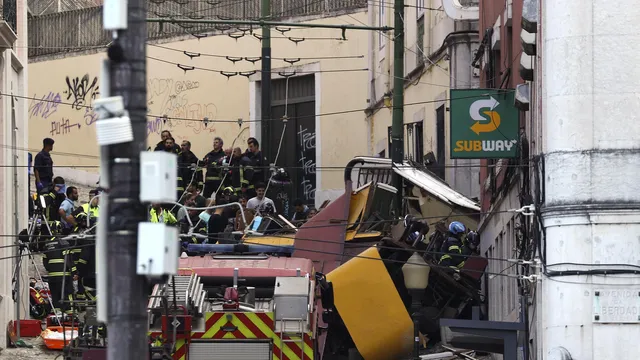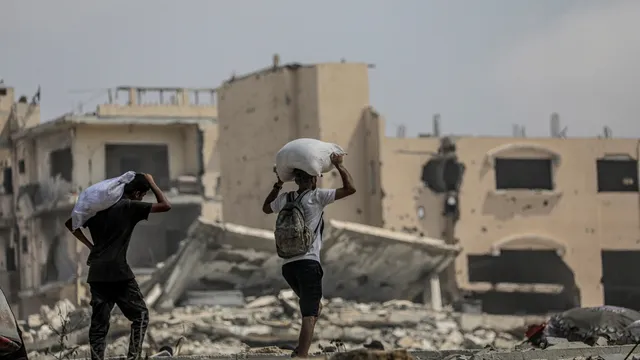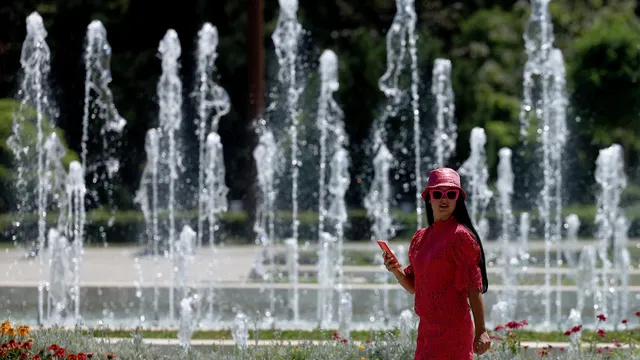Violence against journalists in Serbia, which Reporters Without Borders (RSF) has repeatedly warned about, has reached a sad new record.
RSF has documented 34 physical attacks in less than two months against media professionals by both political activists and law enforcement officers while they were covering anti-corruption protests.
This figure exceeds all annual totals for physical attacks recorded in Serbia since at least 2020.
RSF calls on the member states of the European Union (EU) and the European Parliament to send a clear message to the Serbian authorities that their passive stance—and potential complicity—in these abuses is incompatible with their goal of joining the EU.
One of the most violent attacks against Serbian journalists this summer took place on August 13.
While covering a protest outside the local headquarters of the ruling Serbian Progressive Party (SPS) in the northern city of Novi Sad, the editor-in-chief of the news website Razglas, Zarko Bogosavljevic, and a journalist from Novi Sad 192, Nikola Bilic, were beaten with metal bars by SNS supporters.
The attack was so violent that Nikola Bilic, who suffered head injuries, was taken to the emergency room.
Between July 1 and August 25 alone, RSF recorded 34 physical attacks on Serbian journalists, photojournalists, and video reporters.
Most of them were covering anti-corruption demonstrations sparked by the deadly collapse of a railway station in Novi Sad in November 2024.
Of the 34 incidents, 14 were carried out by violent supporters of the SPP, President Aleksandar Vučić's party, who also attacked many peaceful protesters and some police officers. The remaining 20 attacks were carried out by law enforcement officers.
The number of attacks in the last two months exceeds all annual figures for violence against media professionals in Serbia since at least 2020, according to RSF data, and is twice as high as the number of cases recorded in 2024.
The current annual total for 2025 is 65 cases – an unprecedented level, according to records kept by the Independent Association of Journalists (NUNS) since 2008.
Although EU Enlargement Commissioner Marta Kos condemned the attacks in mid-August, she was quickly rebuked by Serbian Parliament Speaker Ana Brnabic, a member of the SPS, who told her to "shut up."
"On average, every two days a Serbian media professional is the victim of a physical attack. Thirty-four attacks in less than two months! This is unacceptable. Must we wait until a reporter is even more seriously injured or killed? Given the passivity – and potential complicity – of the Serbian authorities, the EU must take action. We call on the European Parliament and influential Member States such as Germany and France in particular to strongly condemn the record number of attacks on Serbian reporters. The Serbian government must understand that this regression is incompatible with its stated ambition to join the EU," said Pavol Szalai, head of RSF's EU and Balkans desk.
Serbian journalists are regularly threatened or attacked with metal bars, bricks, and stones by violent political supporters, while the police indiscriminately spray them with tear gas.
In several cases, the police have failed to intervene to protect journalists while they were being attacked by violent protesters.
These attacks, as well as numerous death threats against journalists, have been fuelled by frequent statements by President Aleksandar Vučić and coverage of events by pro-government tabloids.
Since December 2024, they have been making unfounded accusations that protesters and some independent media outlets are organizing a "coup" financed by Western countries.
At the end of June, the head of state even declared the television channels N1 and Nova S, which have been courageously covering the protests despite the great danger, to be "terrorists."
Since the start of the anti-corruption protests, RSF has repeatedly warned of the growing violence against journalists and political pressure on the media – through public statements, at a demonstration in Paris, and in its contribution to the EU report on the rule of law in Serbia.
RSF also condemns the authorities' preference for supporting Russian propaganda rather than promoting media freedom.
Serbia ranks 96th out of 180 countries and territories in RSF's 2025 World Press Freedom Index and is second to last in the EU-Balkans region. | BGNES

 Breaking news
Breaking news
 Europe
Europe
 Bulgaria
Bulgaria
